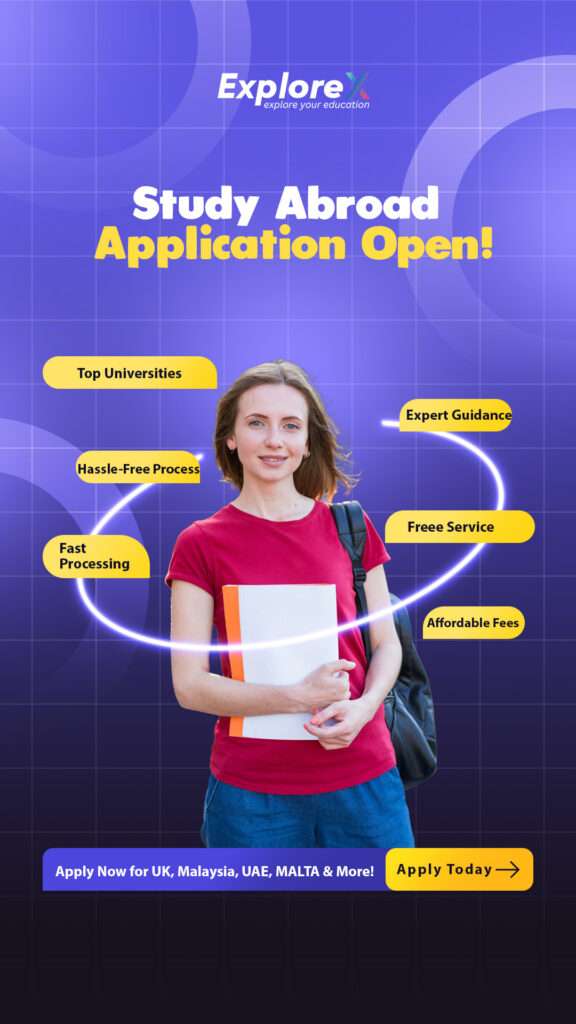MSc DATA SCIENCE
This postgraduate Masters course is uniquely designed for both computing and non-computing graduates wishing to pursue a career in data science community.
Data science is at the intersection of the fields of computer science, statistics, and design. In a rapidly evolving world, new types of big data are emerging from mobile devices, sensors, instruments, transactional systems, web logs, social media, the cloud and other sources. Businesses are accumulating big data at a rate that often exceeds their capacity to extract value from it.
MSc Data Science is ideally placed to provide you with technical knowledge and employer-focused skills required in a data scientist role. The course will develop your specialist knowledge of data acquisition, data cleansing, data analysis, information extraction, prediction, visualization, story-telling and explanation.
You’ll gain hands-on experience using industry standard tools for data science, business intelligence and analytics including SAS, Tableau MS SQL Server, Oracle Database, and R Programming.
Work placement options are available from September 2025! The work placement option is seeking accreditation from the British Computer Society (The Chartered Institute for Information Technology).
| Mode | Duration | Start date | Application code | Application method |
|---|---|---|---|---|
| Full-time | 1 year | September | 4940 | Direct to LSBU |
| Part-time | 2 years | September | 5084 | Direct to LSBU |
| Part-time (BLOCK) | 2 years | September | 5086 | Direct to LSBU |
| Full-time | 18 months | January | 5619 | Direct to LSBU |
| Full-time | 2 years (with placement) | September | 6041 | Direct to LSBU |
| Full-time | 3 years (with placement) | January | 6042 | Direct to LSBU |
Entry Level Requirements
Postgraduate entry
- 4-5 year Honours Degree from a recognised university in Bangladesh: CGPA 2.5 out of 4.0 or higher (depending on the institution and LSBU course applied for)
- 2 year Honours Degree + 2 year Masters Degree from a recognised university in Bangladesh: CGPA 2.5 out of 4.0 or higher (depending on the institution and LSBU course applied for)
- Honours Degree from a recognised international university: equivalent to UK Bachelor Degree Second Class Honours or higher
Please note that some LSBU courses require specific units/subjects for the first degree. A small number of LSBU courses also require relevant work experience. See individual course entry requirements for details.
Research entry
Please see the Research section of the LSBU Website for information about research degree applications and entry requirements.
Careers
Employability Service
We are University of the Year for Graduate Employment for the second year in a row – The Times and Sunday Times Good University Guide 2018, 2019.
At LSBU, we want to set you up for a successful career. During your studies – and for two years after you graduate – you’ll have access to our Employability Service, which includes:
- An online board where you can see a wide range of placements: part-time, full-time or voluntary. You can also drop in to see our Job Shop advisers, who are always available to help you take the next step in your search.
- Our Careers Gym offering group workshops on CVs, interview techniques and finding work experience, as well as regular presentations from employers across a range of sectors.
Our Student Enterprise team can also help you start your own business and develop valuable entrepreneurial skills.
Career opportunities range from IT services to business consultancy, and this course will prepare you for a career in the business intelligence community working actively with a range of resources including tools from major commercial vendors such as Microsoft and SAS.
As a graduate of this course you should to be able to work within the areas of business intelligence or business and data analytics, in roles such as a business intelligence specialist, data or business analyst or business intelligence developer.
Recent guest lecturers include Tom Gilb, author and expert in agile project management, Tony Baker from IBM and Chris Miller from Dell.
In order to ensure the course runs in accordance with industry recognised standards we are seeking accreditation for both Chartered Engineer (CEng) status as well as Chartered IT Professional (CITP) accreditation by the British Computer Society, the Chartered Institute for Information Technology.

